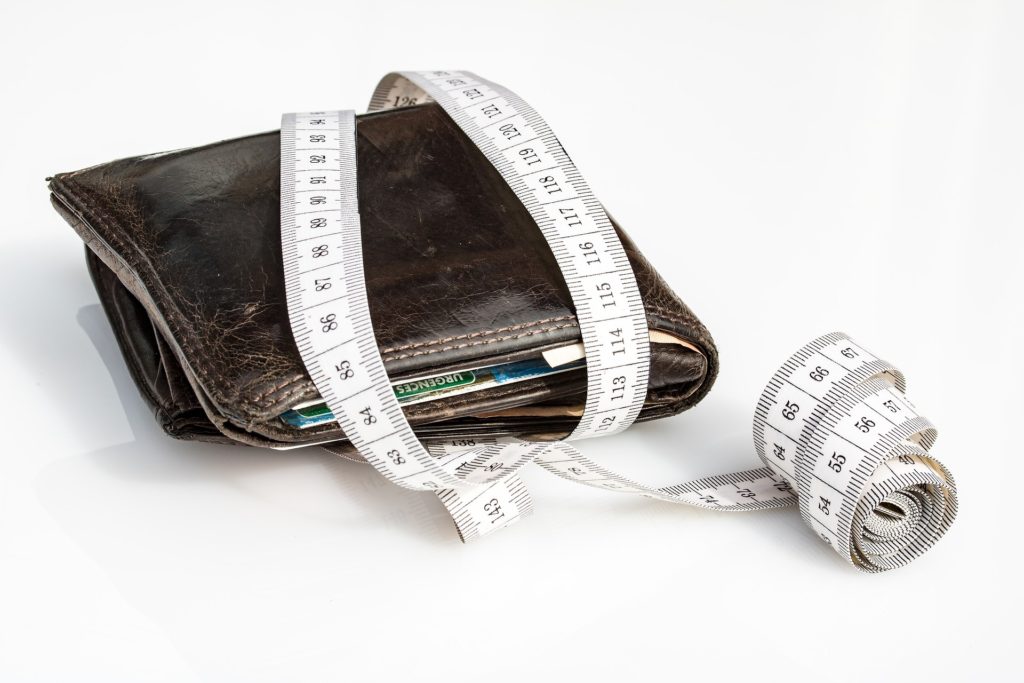
If you had to choose only one step/action out of all the steps to do, and eliminate all the others, the action you need to keep is to reduce your spending. This one thing will almost always have a bigger impact on your personal finances than any other.
Live below your means. Learn to want less. Spend less than you earn. Regularly review your spending plan for opportunities to save money. Be ruthless in cutting. If it doesn’t hurt, you’re not saving enough. Identify Your Wants vs. Needs. Little purchases add up.
“You can have money or you can have stuff, but seldom do you have both – particularly early in life”
Look for money-saving ideas. Worry first about the steak (housing, transportation, food), then the peas. Spend the most time trying to save on the expensive items, not the cheap ones. Bigger items will show you bigger results.
For every purchase or cost, before you buy, ask yourself:
- Am I getting my money’s worth?
- Am I happy with how I’m spending my money?
- Is my spending in line with my goals and values?
- How does this help me reach my goals.
- If I had a day/week/month/year to live, would I still make this purchase?
Ask the same questions after the purchase as a review. Apply learnings to future purchases:
For every bill at the end of each period:
- Go through each of your monthly bills with a fine-toothed comb, looking at every line.
- If you don’t know what the expense is, call the company and ask to have it removed.
- If you don’t really need that expense, call the company and ask to have it removed.
- If you don’t need the bill at all, call up the company and cancel the service.
Your goal is to continuously refine the way you spend money until you are completely comfortable with your habits.
Build goals to compare against your life’s purpose as a yardstick to measure your actions against your goals. Show a purchasing bias in favor of assets that appreciate (e.g. stocks, bonds, real estate) and against assets that depreciate (e.g., new cars, boats, clothes, restaurant food, home furnishings, vacations, and time-shares).
Don’t be a “big hat, no cattle” type. The biggest financial mistake is a consumptive lifestyle. Spending less is easier than saving more – up to a point that is. As with all things, there comes a point where diminishing returns prevents further cutbacks from being practical.
Learn from the mistakes of others in this regard. The Vanderbilt’s couldn’t afford to keep living in their mansions forever, so don’t assume you can either. Excess consumption over time has consumed most of the largest estates in history.
Do you do any of these things when you make a purchase? What do you think about when deciding to buy something? Do you think of anything except why you want it? I’m curious. Let me hear from you.


Leave a Reply